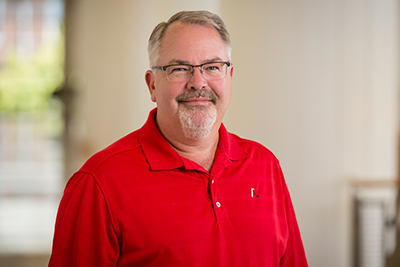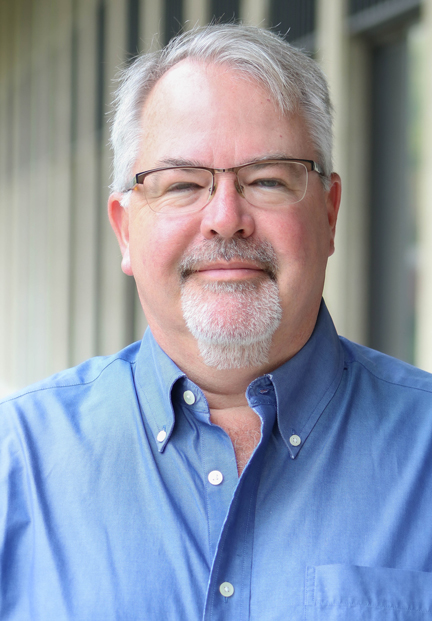
“Good-Enough Language Processing: Theory and Data”
Listeners and readers do not always arrive at an interpretation of language input that is consistent with the information that is actually in the input. These misinterpretations are often systematic and predictable. In this talk, Christianson will describe Good-Enough Language Processing, a framework that attempts to account for misinterpretations by positing that the human language comprehension system applies “heuristics” to language input in an attempt to quickly and easily extract meaning. At times, these heuristics conflict with the syntactic content of the input. When the language processor opts to prioritize the heuristics over the syntax, misinterpretations arise. He will describe several studies that explore how these misinterpretations arise, and how the language comprehension system (sometimes) works to repair them.
Speaker Biography
Kiel Christianson is a professor of educational psychology with additional appointments in the Department of Psychology, the Linguistics Department, and the Beckman Institute. At Beckman, he has worked with the Illinois Language and Literacy Initiative as well as the Cognition, Lifespan Engagement, Aging, and Resilience Group (CLEAR). He earned a Ph.D. in linguistics and cognitive science from Michigan State University in 2002. From 2002 to 2004, he was an NIH postdoctoral fellow at the University of Massachusetts, Amherst. He has been a faculty member at the U of I since 2004.
Christianson’s research in human sentence production and comprehension aims to make deeper, broader connections between linguistics and various sub-fields of cognitive psychology, including neurocognition and educational psychology. Overarching themes in his present work are (mis)interpretation in sentence processing, morphological processing during reading, and cross-linguistic research. A common thread across these interest areas is the concept of underspecified representations. Linguistic input contains several different types of information sources (semantics, syntax, prosody, morphology). The question arises whether all of these must necessarily be integrated into the final representation, given that, in many instances, one or more are redundant when all converge on a single interpretation. A second question arises as to what happens in instances when all information sources do not converge on the same interpretation, and the underspecification of one or more information sources would lead to misinterpretation.
